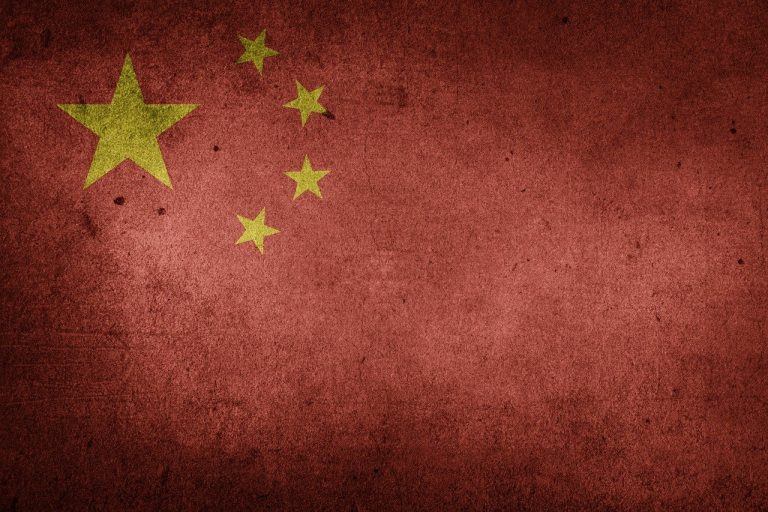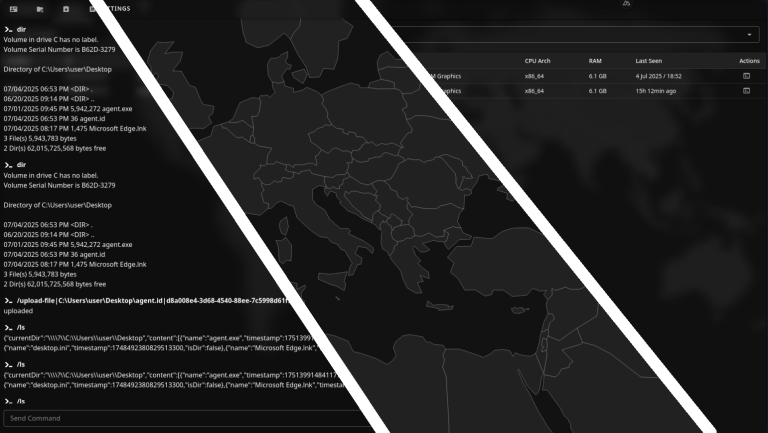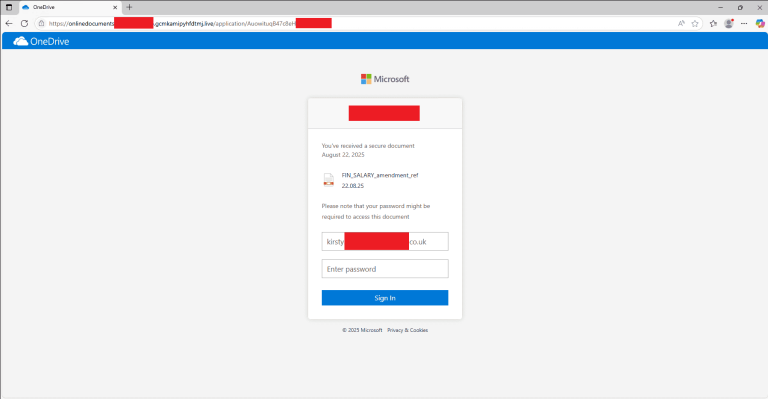
Amnesty International has released a new report titled Breaking up with Big Tech, calling on governments to curb the influence of the world’s largest technology corporations in order to safeguard human rights. The focus is on the so-called “Big Five”—Alphabet (Google), Meta, Microsoft, Amazon, and Apple. These companies dominate critical areas of digital life, from search engines and social networks to cloud infrastructure and app marketplaces. Amnesty warns that such de facto monopolies threaten rights to privacy, non-discrimination, freedom of expression, and access to information.
The report explores in detail how these corporations amassed their power, the mechanisms they use to sustain it, and the strategies by which they seek to entrench themselves further in the emerging domain of artificial intelligence. Hannah Storey, Amnesty’s technology and human rights expert, noted that a handful of private actors have effectively become digital landlords, dictating the terms of engagement online. Concentrating such immense power in so few hands, she argued, endangers not only fair competition but also fundamental rights, with consequences that often spill over into the offline world. Amnesty recalls that its own investigations uncovered Facebook’s role in fueling ethnic conflicts in Ethiopia and Myanmar.
In many countries, the services of these platforms have become so pervasive that it is nearly impossible to participate fully in public life without them. This gives the corporations extraordinary leverage over public discourse and information flows. Amnesty underscores that documented cases of selective content removal, biased algorithms, and inconsistent moderation clearly illustrate the dangers of allowing a small cluster of corporations to dominate the digital sphere.
Under international human rights law, states are obliged to protect their citizens, including by regulating and restraining corporate power. This is the first time Amnesty has issued such a report, directly urging urgent intervention to rein in Big Tech’s dominance. The organization sent its findings to Meta, Google, Amazon, Microsoft, and Apple on August 12. Only Meta and Microsoft responded; Google, Amazon, and Apple had not replied at the time of publication.
Amnesty supports the efforts of regulators and civic initiatives worldwide, urging that antitrust and competition law be regarded as tools for protecting human rights. In its view, governments must investigate anti-competitive practices by major firms and their impact on rights, block mergers and acquisitions that may harm society, and, where harm is proven, break up corporations. Special attention, the report stresses, must be given to the fast-growing sector of generative artificial intelligence to prevent abuses at an early stage.
Ultimately, only decisive state action can prevent the digital realm from hardening into an oligopoly where the rules are dictated by a narrow circle of global corporations.






